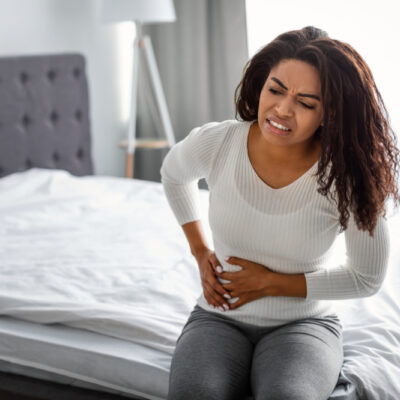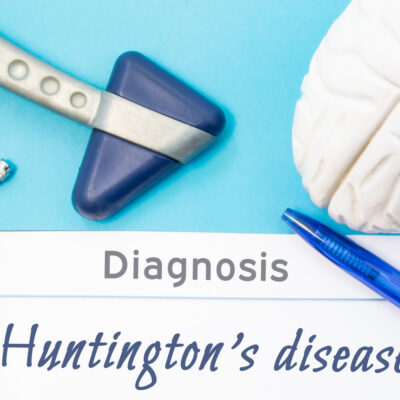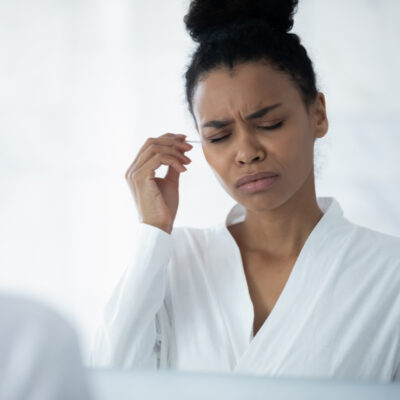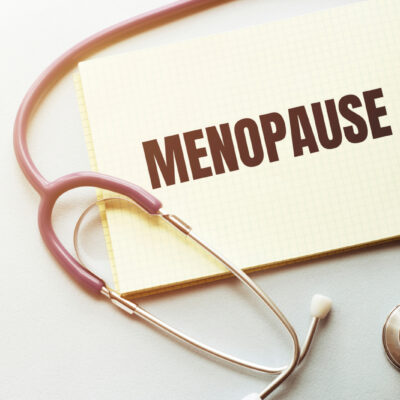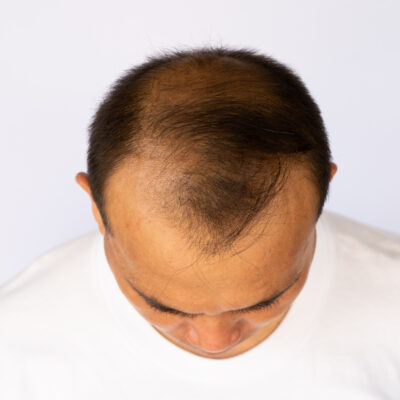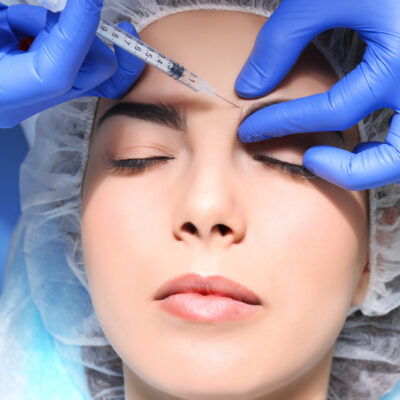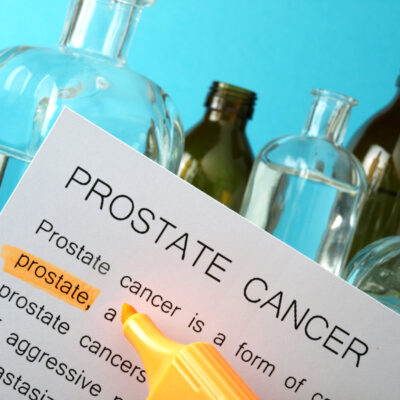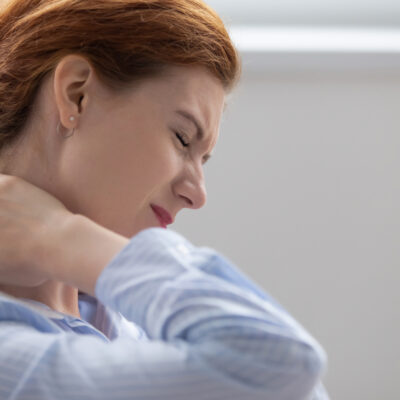
Health
Early Symptoms of Liver Cancer
There are several types of liver cancer, including hepatocellular carcinoma (the most common), and less common types like intrahepatic cholangiocarcinoma and hepatoblastoma. Liver cancer, if undiagnosed and untreated, can spread to other areas of the body and be potentially fatal. What’s more, liver cancer can lead to liver disease, or liver cirrhosis, as a result of damaged liver cells being replaced by scar tissue. Liver disease causes additional symptoms, with itchiness being one of them, and liver disease treatment on top of cancer treatment can be very hard on the body. As such, it’s essential to watch for these early symptoms of liver cancer to catch it and treat it before it progresses too far: 1. Itchy skin As previously mentioned, having liver cancer puts you at higher risk for developing liver disease as the damaged liver cells become replaced by scar tissue. Brought on by liver disease, itchy skin may be experienced due to a higher level of bile salt build-up underneath the skin. If you have chronically itchy skin, do your best not to itch as it can make the symptom worse by breaking the skin—seek medical advice from your doctor and take steps to prevent skin irritation.
Read More 